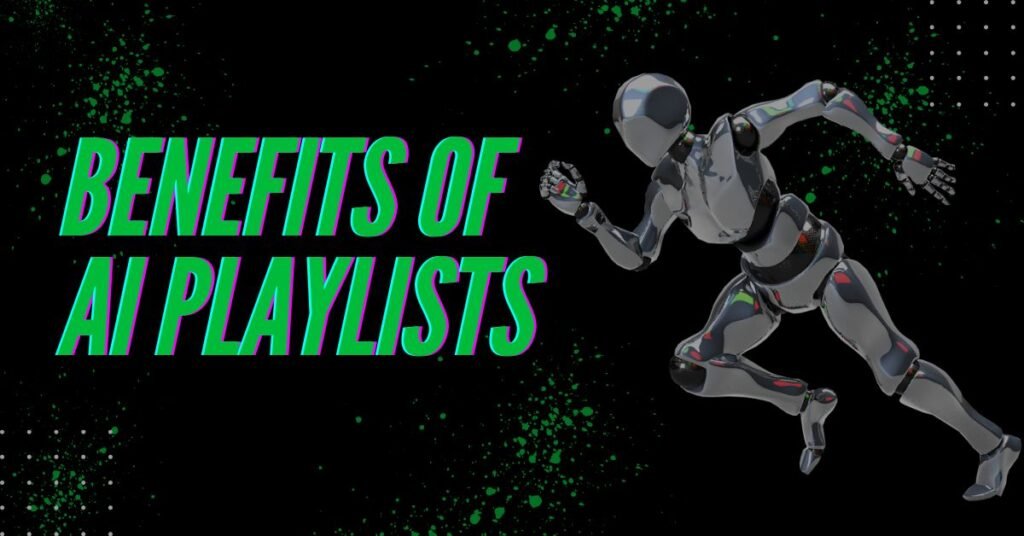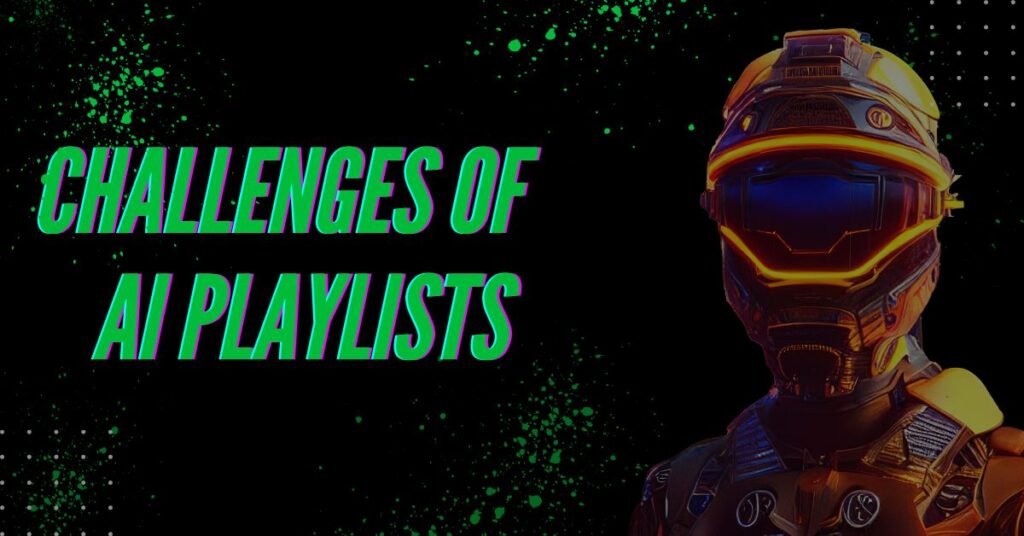Spotify AI playlists mark a departure from traditional, manually curated playlists. Instead of relying solely on human expertise, these playlists harness the power of artificial intelligence algorithms to analyze user preferences, behaviors, and listening habits.
the purpose of AI playlists
The primary goal of Spotify’s AI playlists is to offer users a seamless and personalized music discovery journey. By leveraging advanced algorithms, Spotify aims to recommend tracks and playlists that align closely with each user’s unique tastes and preferences.
How Spotify’s AI playlists work
Algorithmic recommendations
At the core of Spotify AI playlists are sophisticated algorithms that analyze vast amounts of data. These algorithms consider various factors, including listening history, genre preferences, mood, and even contextual cues, to generate personalized recommendations.
Personalization based on user data
Spotify’s AI playlists continuously learn and adapt based on user interactions. As users engage with the platform, liking or skipping tracks, the algorithms refine their recommendations, ensuring that subsequent suggestions become increasingly relevant and appealing.
Benefits of AI playlists for users

Enhanced music discovery
One of the primary benefits of Spotify’s AI playlists is the ability to discover new music effortlessly. By curating recommendations based on individual preferences, users are exposed to a diverse range of artists, genres, and tracks that they might not have encountered otherwise.
Tailored listening experience
AI-driven playlists enable users to enjoy a more tailored listening experience. Whether they’re in the mood for upbeat tunes or soothing melodies, Spotify’s algorithms can curate playlists that cater to specific preferences and moods, ensuring that each listening session is enjoyable and satisfying.
Challenges of AI-driven playlists

Despite their many advantages, AI-driven playlists are not without challenges and criticisms.
Privacy concerns
The collection and analysis of user data raise concerns about privacy and data security. Some users may feel uncomfortable with the idea of algorithms tracking their listening habits and preferences, raising questions about data protection and transparency.
Algorithmic bias
Another issue associated with AI-driven playlists is the potential for algorithmic bias. If not carefully calibrated, algorithms may inadvertently reinforce existing biases or overlook certain genres or artists, limiting the diversity of recommendations.
Comparison with traditional playlists
While traditional playlists curated by human experts still hold appeal, AI-driven playlists offer several distinct advantages. Unlike human curators, algorithms can process vast amounts of data instantaneously, delivering recommendations that are more finely tuned to individual preferences.
The future of AI-driven playlists
As technology continues to evolve, the potential for AI-driven playlists to revolutionize the music streaming experience is immense. With ongoing advancements in machine learning and data analytics, Spotify AI playlists are poised to become even more sophisticated and indispensable for music lovers worldwide.
Conclusion
In conclusion, Spotify’s foray into AI-driven playlists represents a significant leap forward in personalized music curation. By harnessing the power of artificial intelligence, Spotify aims to offer users an unparalleled listening experience, characterized by seamless discovery and tailored recommendations.
FAQs Spotify AI Playlists
- How does Spotify’s AI determine which songs to recommend?
- Spotify’s AI algorithms analyze user listening history, preferences, and behaviors to generate personalized recommendations.
- Can users control the privacy settings related to AI-driven playlists?
- Yes, Spotify provides users with options to adjust their privacy settings and control the collection and use of their data.
- Are AI-driven playlists replacing traditional playlists curated by humans?
- While AI-driven playlists offer distinct advantages, traditional playlists curated by humans still hold value and appeal to many users.
- What measures has Spotify taken to address concerns about algorithmic bias?
- Spotify has implemented measures to mitigate algorithmic bias and enhance transparency in its recommendation algorithms.
- What is the future outlook for AI-driven playlists?
- As technology advances, AI-driven playlists are expected to become even more sophisticated, offering users increasingly personalized and relevant music recommendations.

